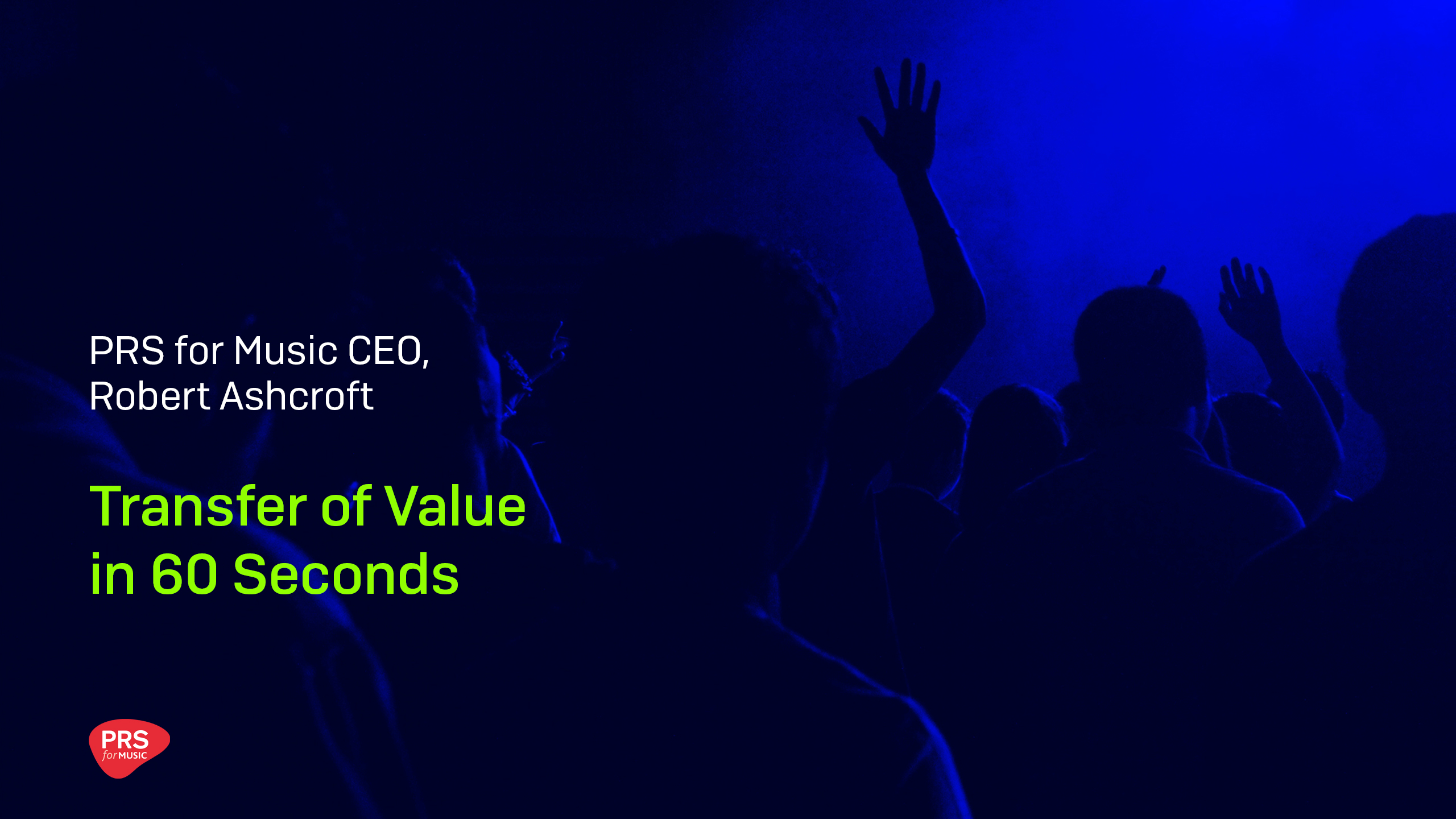Creators' Rights Fight
Today
- European Parliament is in recess and will resume its activities on 27 August 2018
- On the 5th July, parliament voted not to grant the mandate to further progress the Copyright proposals, requesting the report be returned to the wider European Parliament for additional scrutiny, deliberation and amendment.
- 318 MEPs voted not to accept the text and 278 voted in support.
What next
- Members of European Parliament will return form summer recess
- Amendments to the Copyright proposal will be laid in the lead up to the next plenary vote
Plenary
- Second plenary vote will take place on 12th September 2018
- This round of voting will be on a more granular level than the first vote in July.
- Members of European Parliament will this time vote on an amendment by amendment basis
Creators’ Rights Fight is about securing a copyright regime fit for the digital age. One which protects creators.
Article 13 of the proposed copyright directive would give creators both better control over their works and the opportunity to receive proper remuneration. Equally, it will provide legal certainty for users and platforms as to when a licence is required and to what extent they are required to block unlicensed content. The continuation of the current legal uncertainty, alongside the cumbersome and costly existing take down mechanism, are in no-one’s best interests. Why does this matter?...
The cultural and creative industries are worth over €530 billion to the EU economy and represent over 7 million jobs. Digital consumption is the fast-growing part of our sectors.
While creative industries, such as the music industry, have adapted to meet the demands of the online market, legal uncertainty is undermining the value of creative content. In fact, it has created a transfer of value away from the creators to the platforms.
The ‘transfer of value’ or ‘value gap’, is the process by which the value of works has been transferred away from the creators to the online platforms who have built their businesses on the exploitation of creative works, hosting and monetising them while paying only minimal royalties to the writer, or refusing to pay at all. This has only been made possible because existing law is ambiguous, and case law conflicting, which has allowed some platforms to wrongly claim they aren’t liable for copyright.
Watch these films featuring PRS members to learn more about the role of the songwriter and reality of making a living by making music in the digital world.


